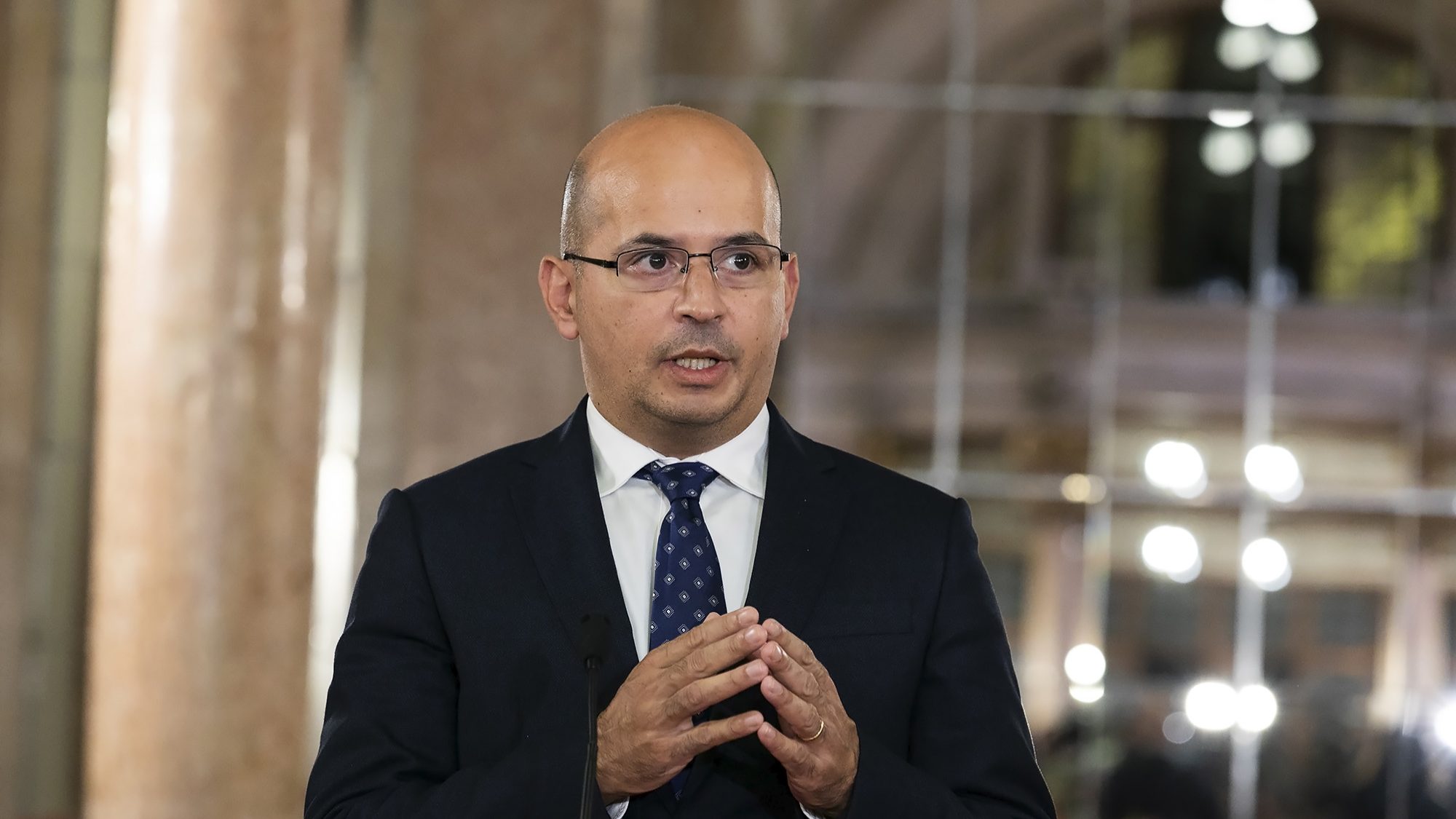Brussels regrets lack of agreement on minimum wages
Currently, 21 member states have a minimum wage defined by law, while in the remaining six - Austria, Cyprus, Denmark, Finland, Italy and Sweden - this only exists through collective bargaining.
European Employment Commissioner Nicolas Schmit regretted that it was not possible during the Portuguese presidency of the Council of the EU to reach agreement in the Council of the European Union (EU) on the definition of European minimum wages, but highlighted Portugal’s “efforts”.
“I would have wished that we could have reached an agreement last Monday in the Council, [but] unfortunately this was not possible because one country, due to elections, could not define its position,” Nicolas Schmit told Lusa in an interview in Brussels.
“I must say that I listened to the 27 positions of member states and we have made enormous progress on this issue, which is not easy, and this is also thanks to the Portuguese presidency, which has contributed to building something that is not yet a consensus, but which has narrowed the differences” between the countries, the European commissioner for the environment added.
According to Schmit, the Portuguese presidency has achieved “a solid basis for the next presidency, or eventually the next two presidencies, to come to an agreement”.
“So I think this is really a big success for the Portuguese presidency and it will help us in the coming months,” he added, in a reference to the following Slovenian and French leaderships of the EU Council, respectively in the second half of 2021 and the first half of 2022, after the Portuguese one in the first six months of this year.
At stake is the goal that had been set by the Portuguese presidency of the Council of the EU on achieving a compromise text in the Council on the new European minimum wage directive.
He went on to say that the agreement was not possible because “one of the main member states, with a coalition government, was not able to take a position in this debate” – a reference to Germany, which will be holding legislative elections in September.
“You need a majority [in the Council] and the presidency can do nothing […] and it has already done more than its job,” he stresses.
After the “good proposals to try to reduce the differences without lowering the ambition” of the European Commission during the Portuguese leadership, Schmit said that he has had “very fruitful discussions” with the Slovenian and French presidencies.
“I am therefore quite optimistic that we will reach a positive outcome in the coming months on this proposal […] and that they are very willing to continue the good work that has been done by the Portuguese”, he added.
The definition of a fair and dignified European minimum wage is one of the components of the negotiation of the action plan for the implementation of the European Pillar of Social Rights, which Portugal wanted to see approved during its presidency of the EU, despite the differences between the 27.
The Social Pillar is a non-binding text to promote these rights in Europe and in which, in addition to other issues, reference is made to pay, arguing that “workers have the right to a fair wage that guarantees them a decent standard of living”.
Last October, the European Commission presented a legislative proposal on European minimum wages, but acknowledged difficulties in negotiations in the Council, which is why it said that it did not want to impose values on countries, but rather indicators to ensure a decent quality of life for workers.
The treaties recognise the competence of each member state in setting wages, but the Commission has resorted to a flexible interpretation that integrates the wage into working conditions.
Currently, 21 member states have a minimum wage defined by law, while in the remaining six – Austria, Cyprus, Denmark, Finland, Italy and Sweden – this only exists through collective bargaining.

